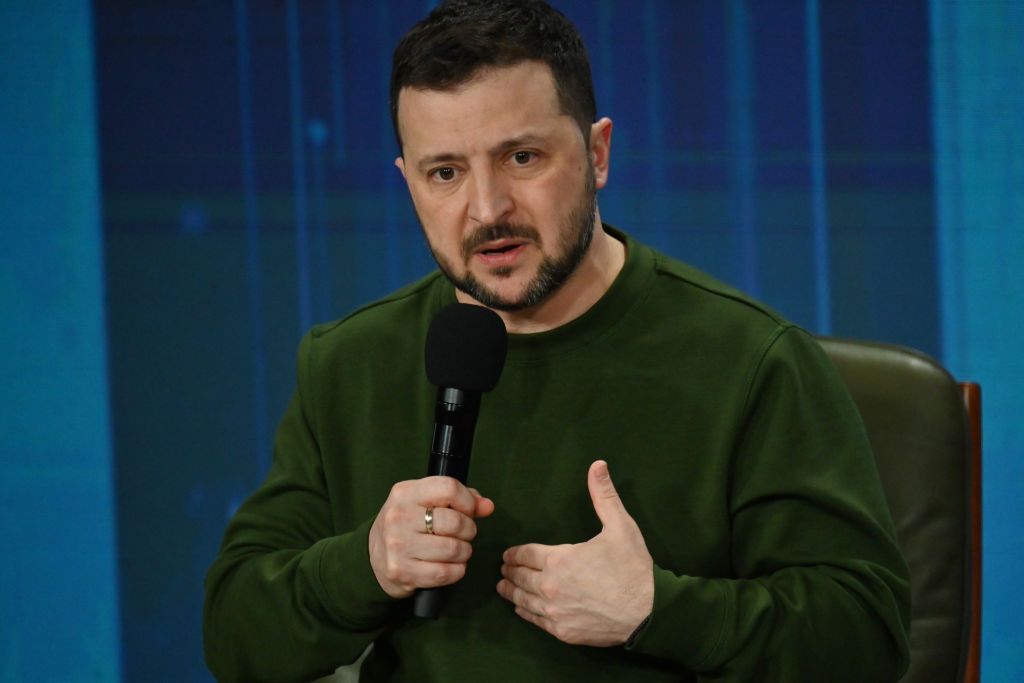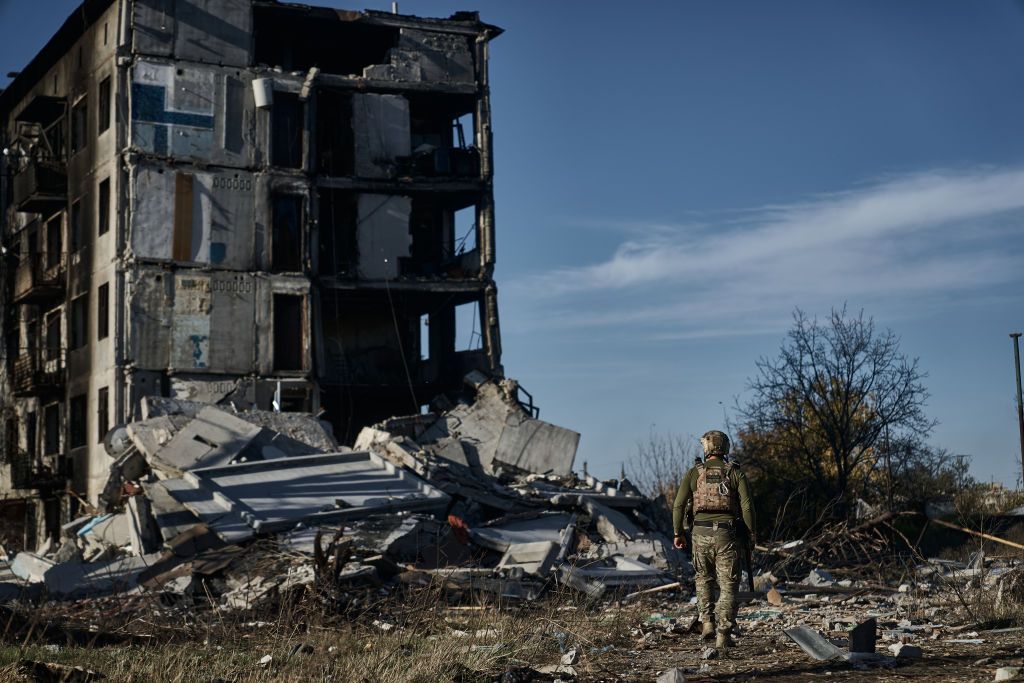Kuleba: 'Ukraine fatigue' is not based on evidence

The narrative about 'Ukraine fatigue' is not based on evidence, Foreign Minister Dmytro Kuleba told the Kyiv Independent at the "Ukraine. Year 2024" forum on Feb. 25.
He said that Ukraine's allies are not fatigued in their support of Ukraine and that this narrative is wrongly amplified by members of the media.
"The panel I participated in Munich was called "Ukraine Fatigue," Kuleba stated. "But no one talked about Ukraine fatigue, except for Nancy Pelosi, who said: 'Why is this the title of the panel if there is no fatigue? Why are you imposing this narrative?' This is the main thing. This is a story that, unfortunately, experts and the media play along with...The Ukraine fatigue narrative is not evidence-based."
Kuleba also emphasized that European countries have demonstrated an absolute understanding of the decisions that need to be made in order to support Ukraine. The U.S., the Foreign Minister said, is not yet able to provide concrete information about future aid.
"The Europeans should be praised, they demonstrate an absolute understanding that we need to speed up and make concrete decisions...America is a separate story. The situation is complicated, and everyone says that everything will be fine, but no one says when."
High-ranking Ukrainian officials met to discuss Ukraine’s future at the “Ukraine. Year 2024” forum on Feb. 25, one day after the second anniversary of Russia’s full-scale war.
Just one week before, Ukraine's allies met with top political leadership at the Munich Security Conference. Numerous European countries announced further aid packages around the time of the conference.
The United States, however, continues to drag its feet on a foreign aid bill that would allocate more than $60 billion in financial and military assistance to Kyiv.
Republican House Speaker Mike Johnson has so far refused to put the bill to a vote in the U.S. House, instead declaring recess until the end of February.
Delays in U.S. aid have already had an impact on the ground in Ukraine. The loss of Avdiivka, a Donetsk Oblast city that has faced Russian attacks since 2014, was linked to shortages in artillery shells and other supplies provided by the West.












